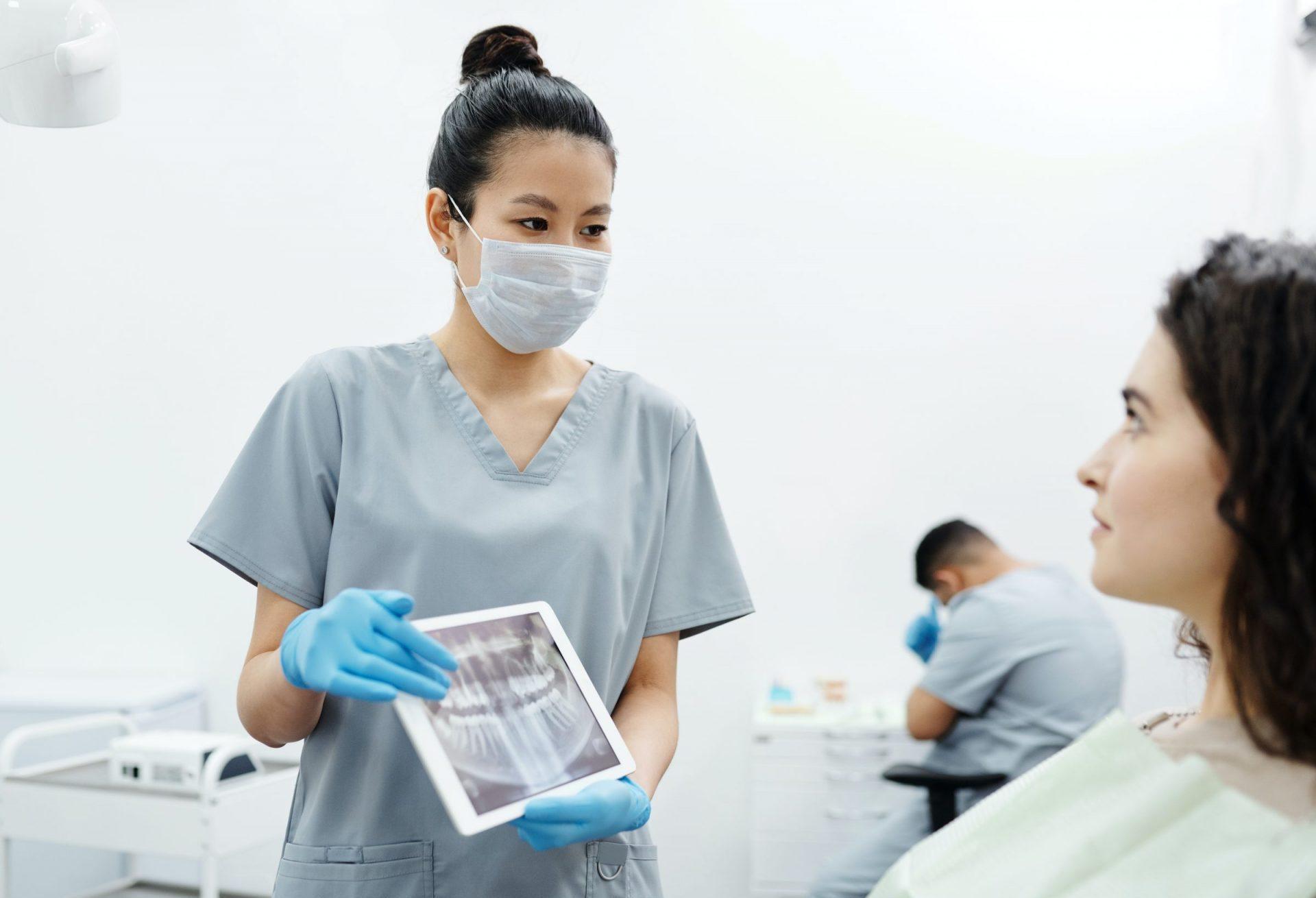Introduction:
When faced with a dental emergency, it's essential to seek prompt treatment to alleviate pain, prevent further damage, and ensure the best possible outcome for your oral health. Understanding what to expect during Emergency Dentist treatment and how to prepare can help make the experience less stressful and more efficient. In this blog post, we will discuss what you can expect during an emergency dental visit and offer tips on how to prepare for your appointment.
-
Initial Assessment: Upon arriving at the emergency dental office, you will likely need to complete some paperwork, provide your dental and medical history, and discuss your symptoms with the dental staff. The emergency dentist will then perform a thorough examination, which may include X-rays or other diagnostic tests, to assess the extent of the issue and determine the most appropriate course of treatment.
-
Pain Management: One of the primary goals of emergency dental treatment is to alleviate pain and discomfort. Depending on the nature and severity of your dental emergency, the dentist may use local anesthesia, prescribe pain medication, or recommend over-the-counter pain relievers to help manage your pain. In some cases, they may also provide antibiotics to treat or prevent infection.
-
Treatment Options: After assessing your dental emergency, the dentist will discuss your treatment options and recommend the most appropriate course of action. Some common emergency dental treatments include:
- Dental fillings or bonding to repair chipped, cracked, or broken teeth
- Root canal therapy to treat severe toothaches caused by infected or damaged tooth nerves
- Extraction of severely damaged or infected teeth
- Reattachment or replacement of knocked-out teeth
- Drainage and treatment of dental abscesses or infections
- Repair or replacement of lost or damaged dental restorations, such as crowns or fillings
- Follow-Up Care and Prevention: Following your emergency dental treatment, the dentist may provide you with instructions for aftercare and recommendations for preventing future dental emergencies. This may include practicing good oral hygiene, wearing a mouthguard during sports or other high-impact activities, and scheduling regular dental check-ups and cleanings.
How to Prepare for Your Emergency Dental Appointment:
-
Gather necessary information: Bring your dental insurance card, photo ID, and a list of any medications you're currently taking to your appointment. This information will help the dental staff provide the most appropriate care for your specific needs.
-
Collect any pieces of a damaged tooth: If your dental emergency involves a chipped, cracked, or broken tooth, collect any fragments you can find and bring them to your appointment. In some cases, the dentist may be able to reattach or repair the tooth using these pieces.
-
Manage pain and swelling: If you're experiencing pain or swelling, take over-the-counter pain relievers or apply a cold compress to the affected area before your appointment. This can help alleviate discomfort and make the treatment process more comfortable.
-
Prepare for possible wait times: While emergency dentists strive to treat patients as quickly as possible, there may be instances where you have to wait for a short period before being seen. Bring a book, magazine, or other forms of entertainment to help pass the time while you wait.
Conclusion:
Emergency Dentist treatment can be a stressful experience, but understanding what to expect and how to prepare can help ease your anxiety and ensure a more efficient visit. By following the tips outlined in this blog post, you can be better prepared for your emergency dental appointment and take the necessary steps to protect your oral health.
